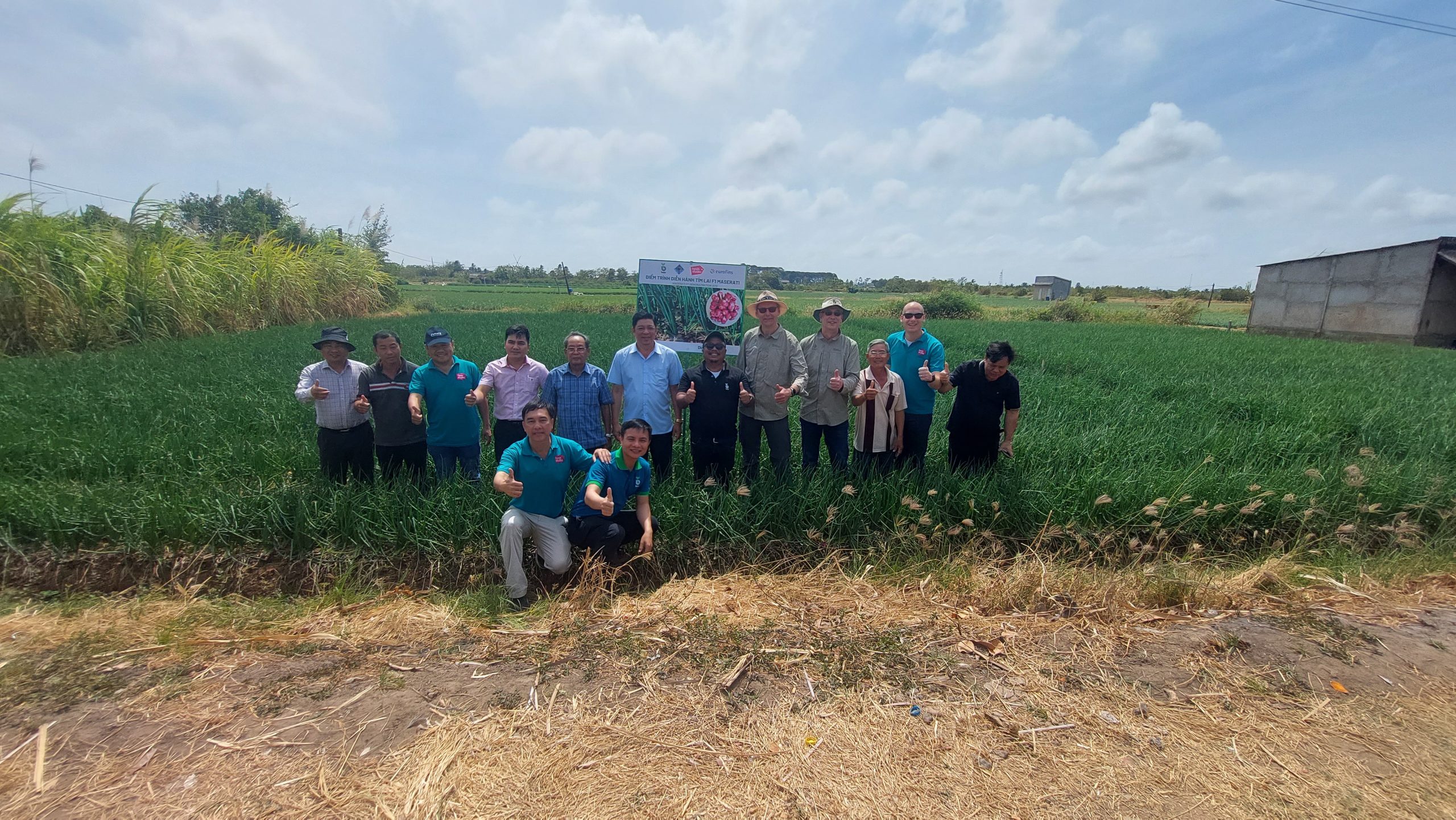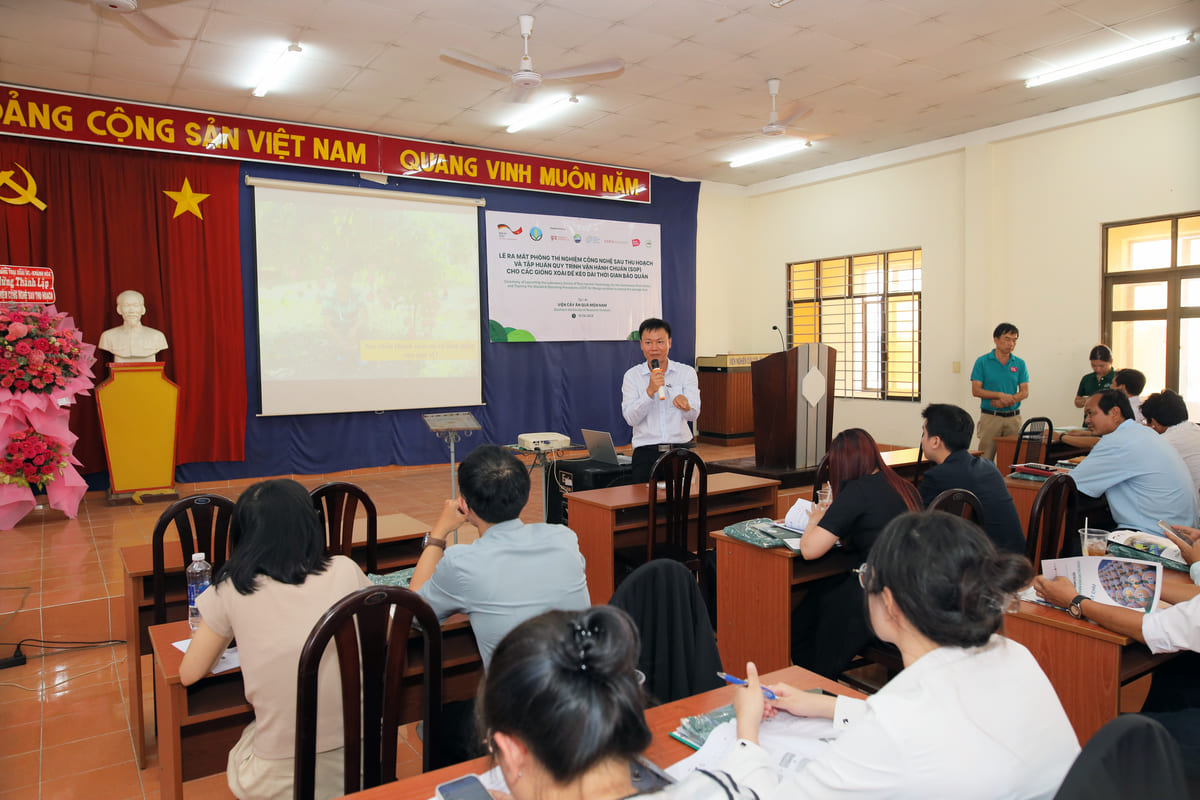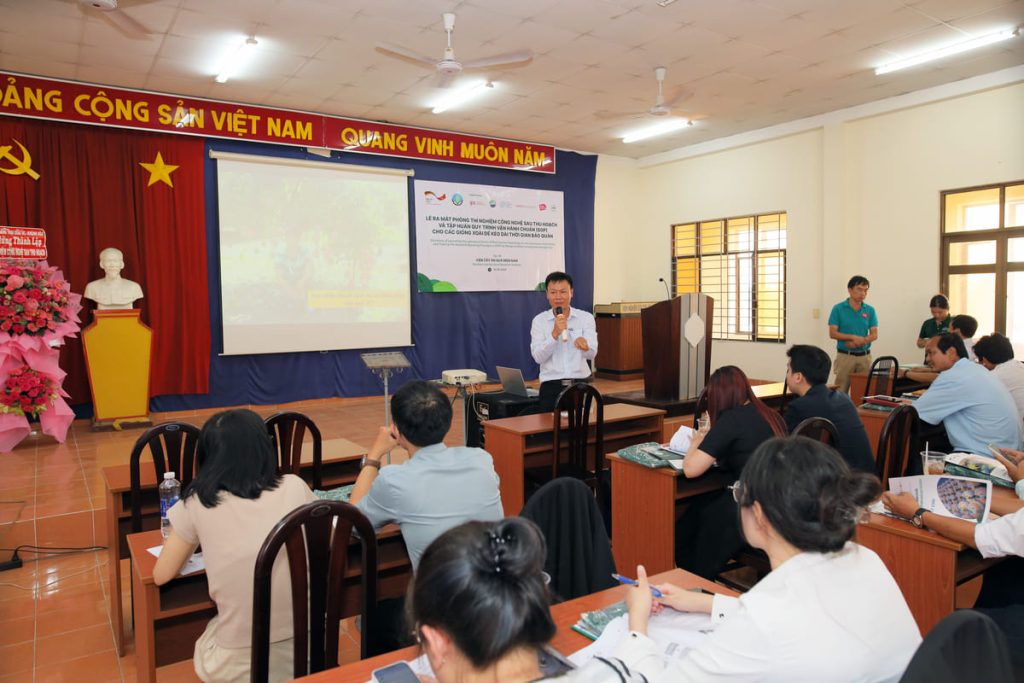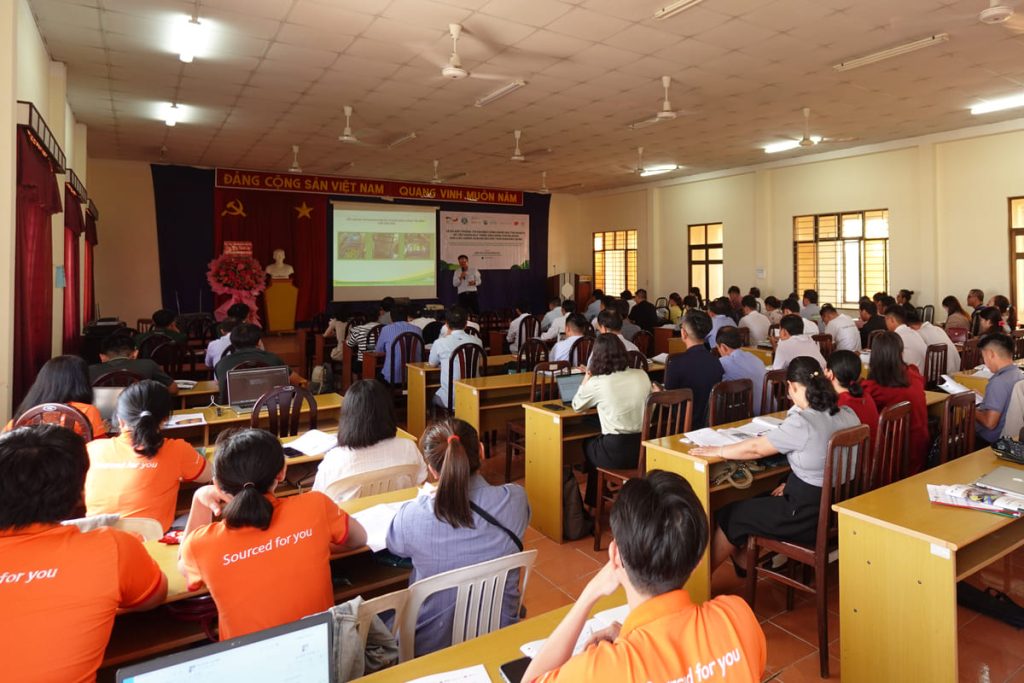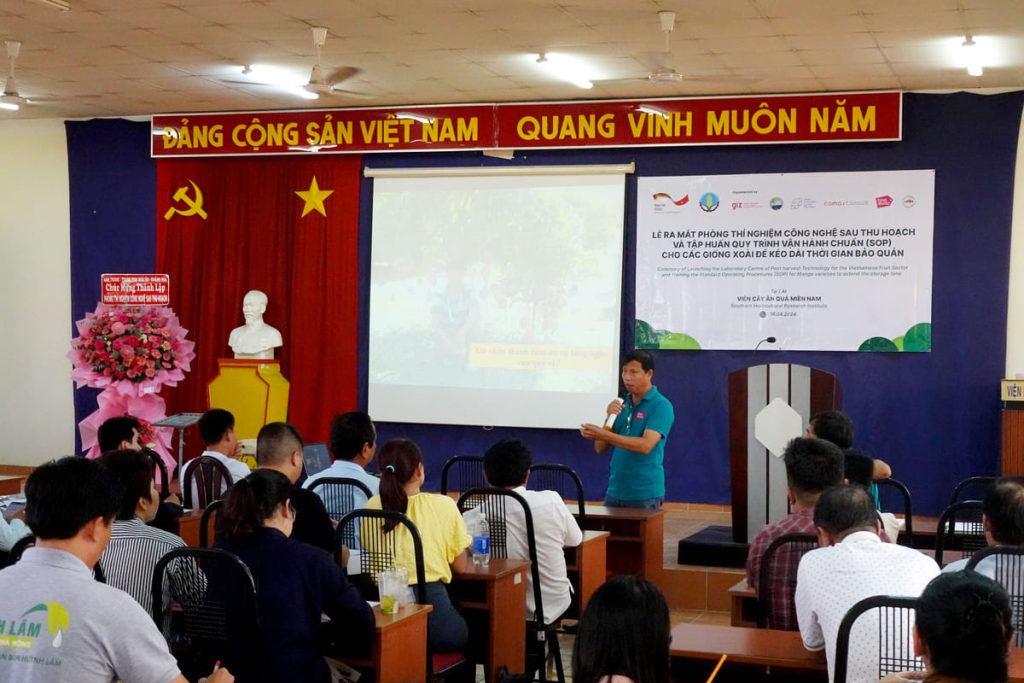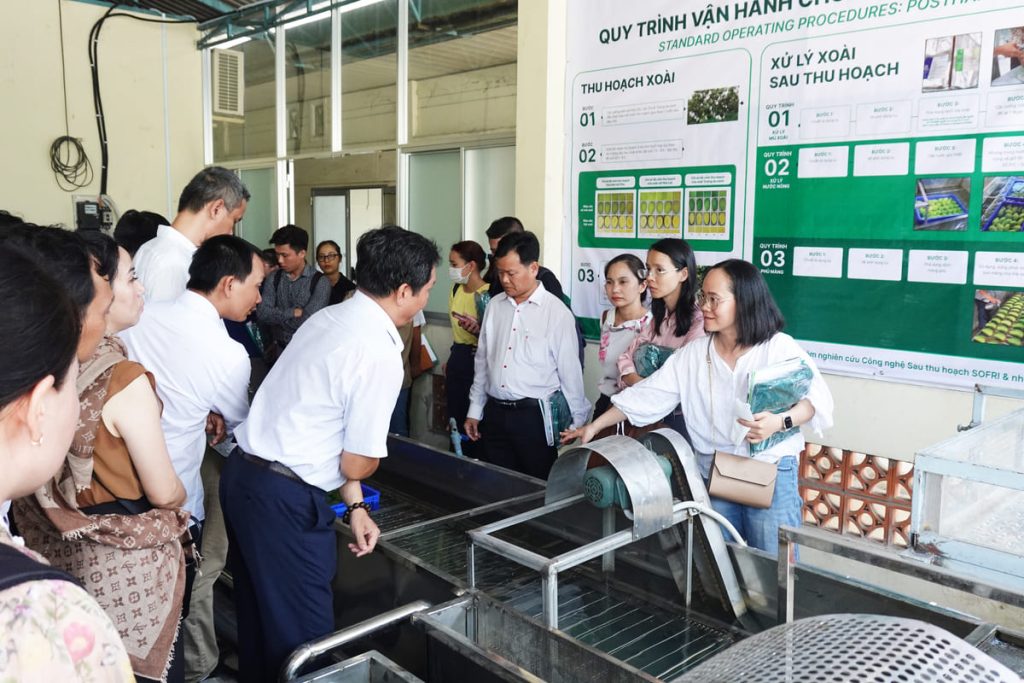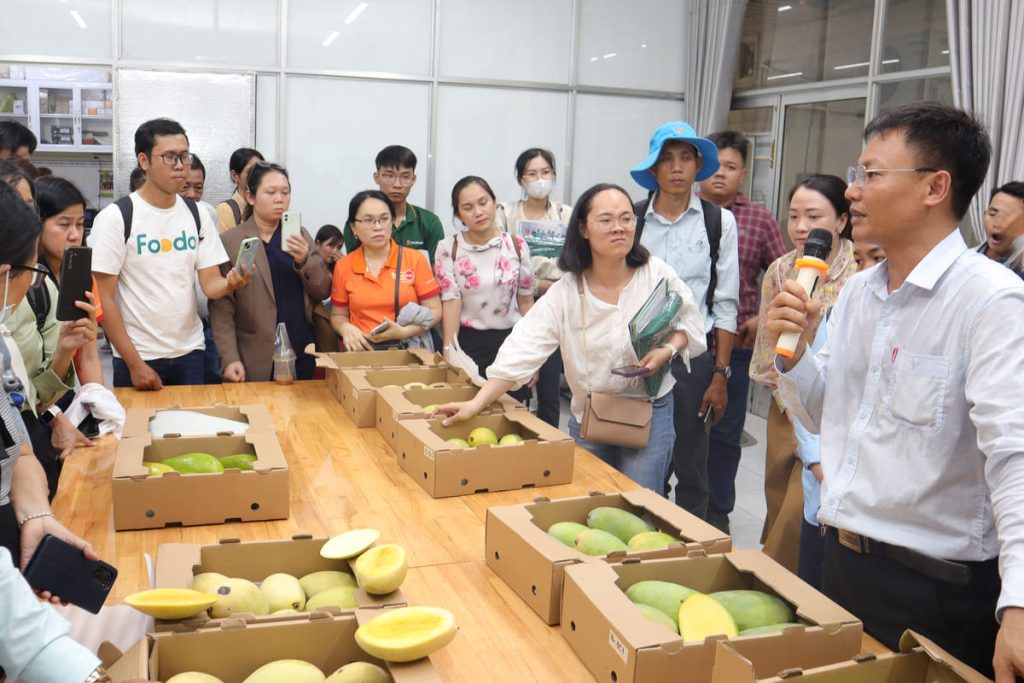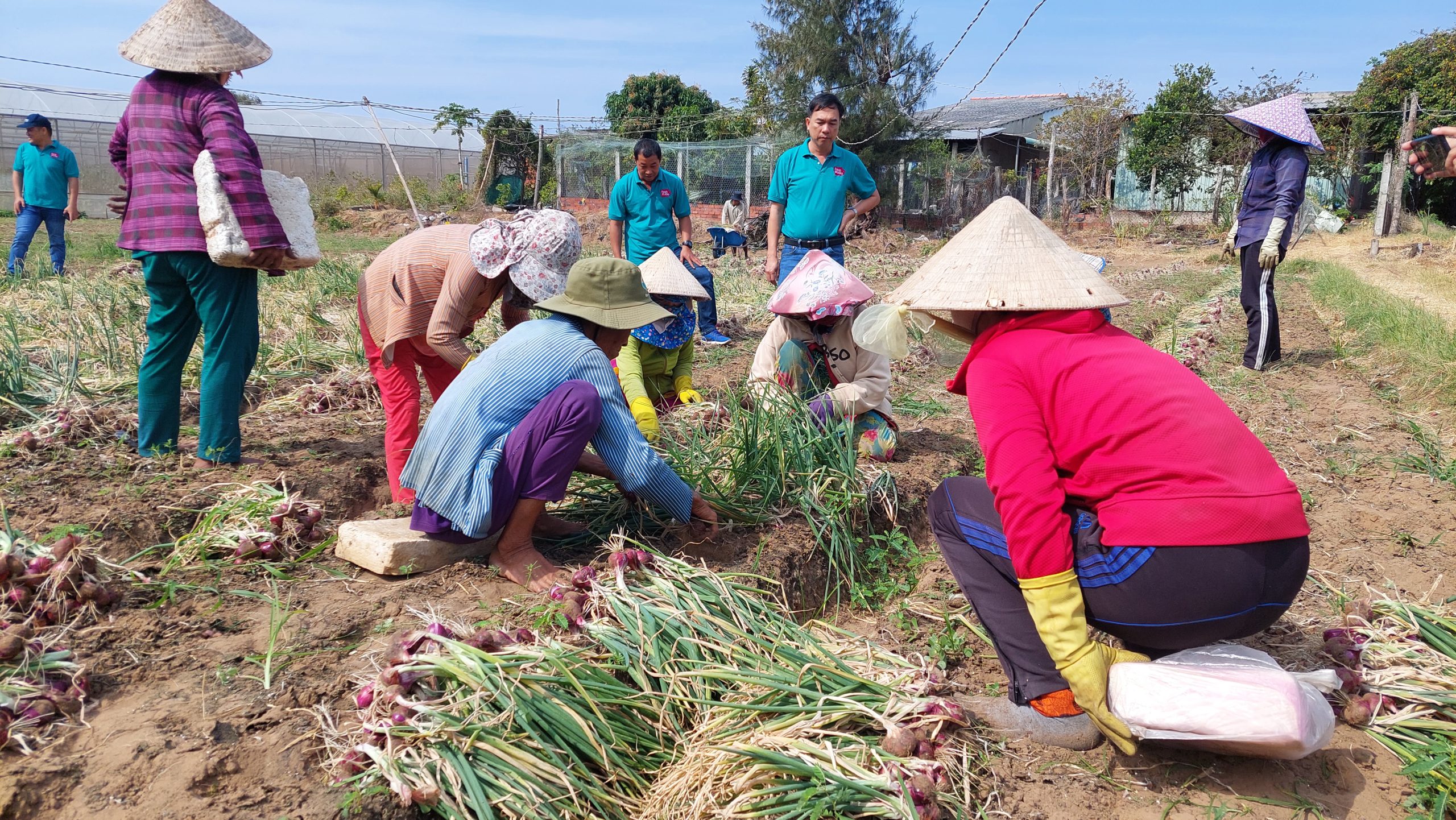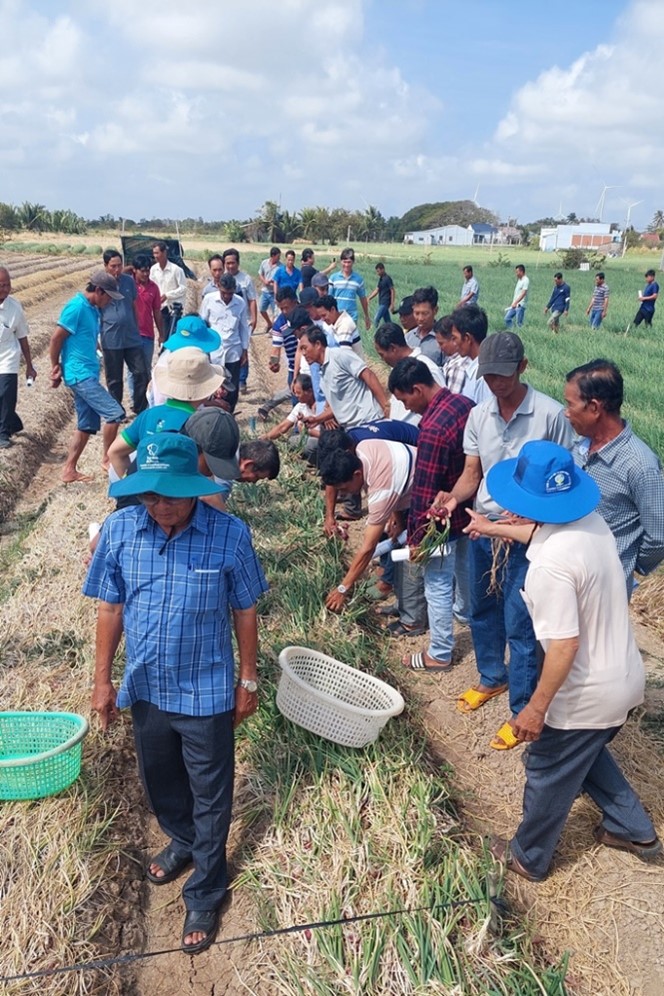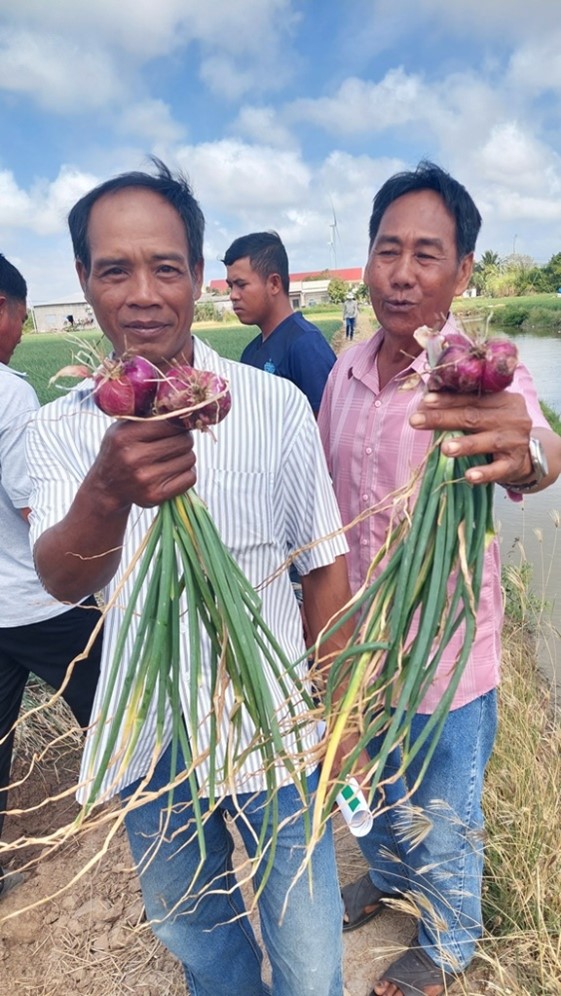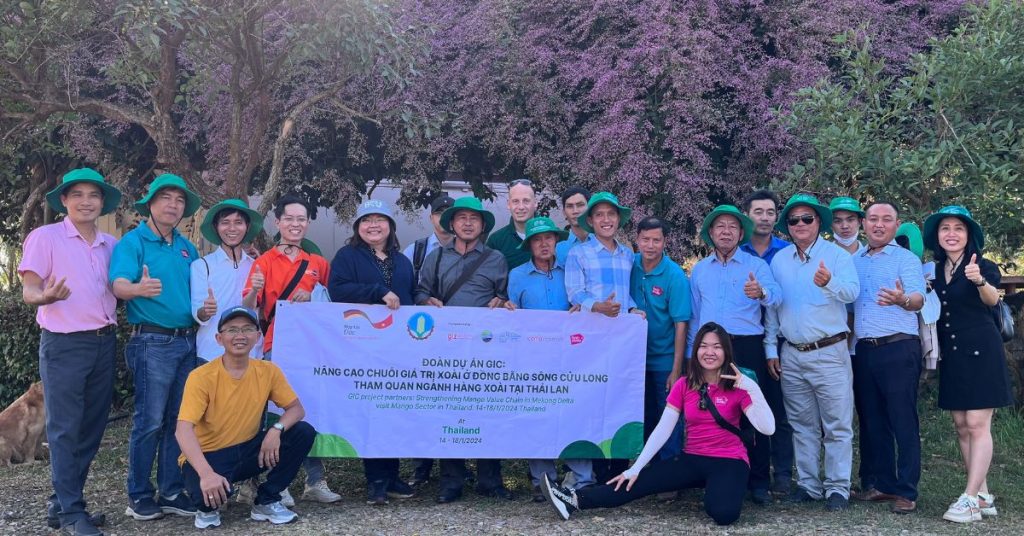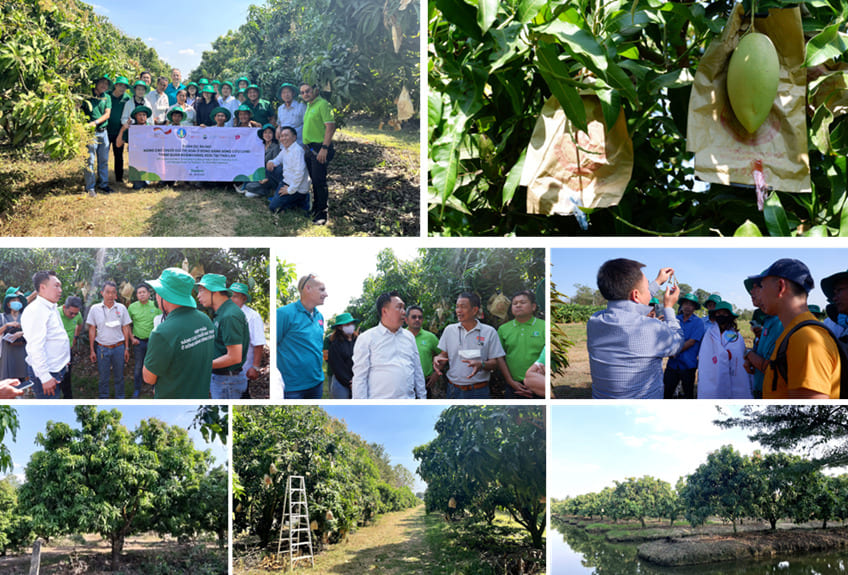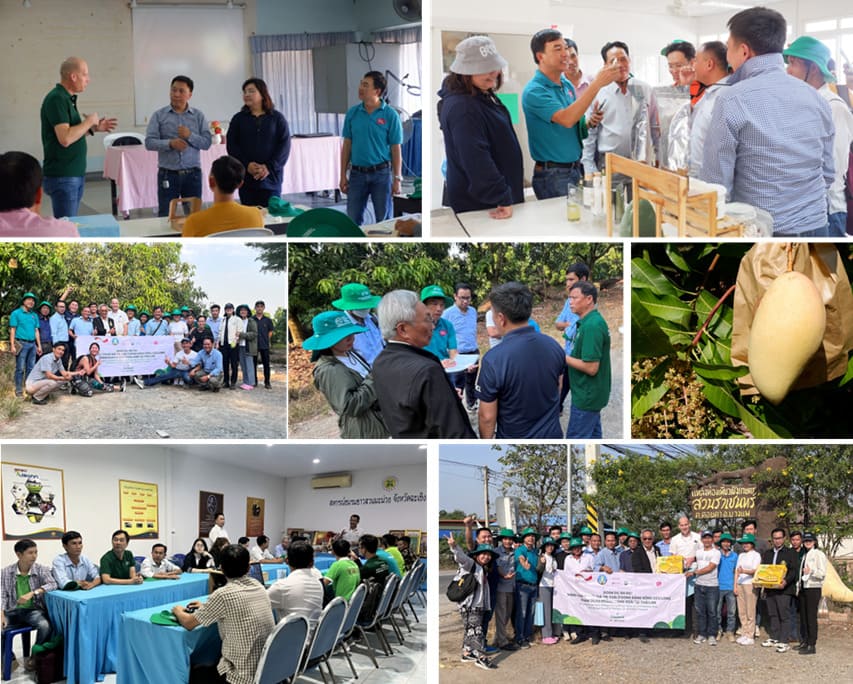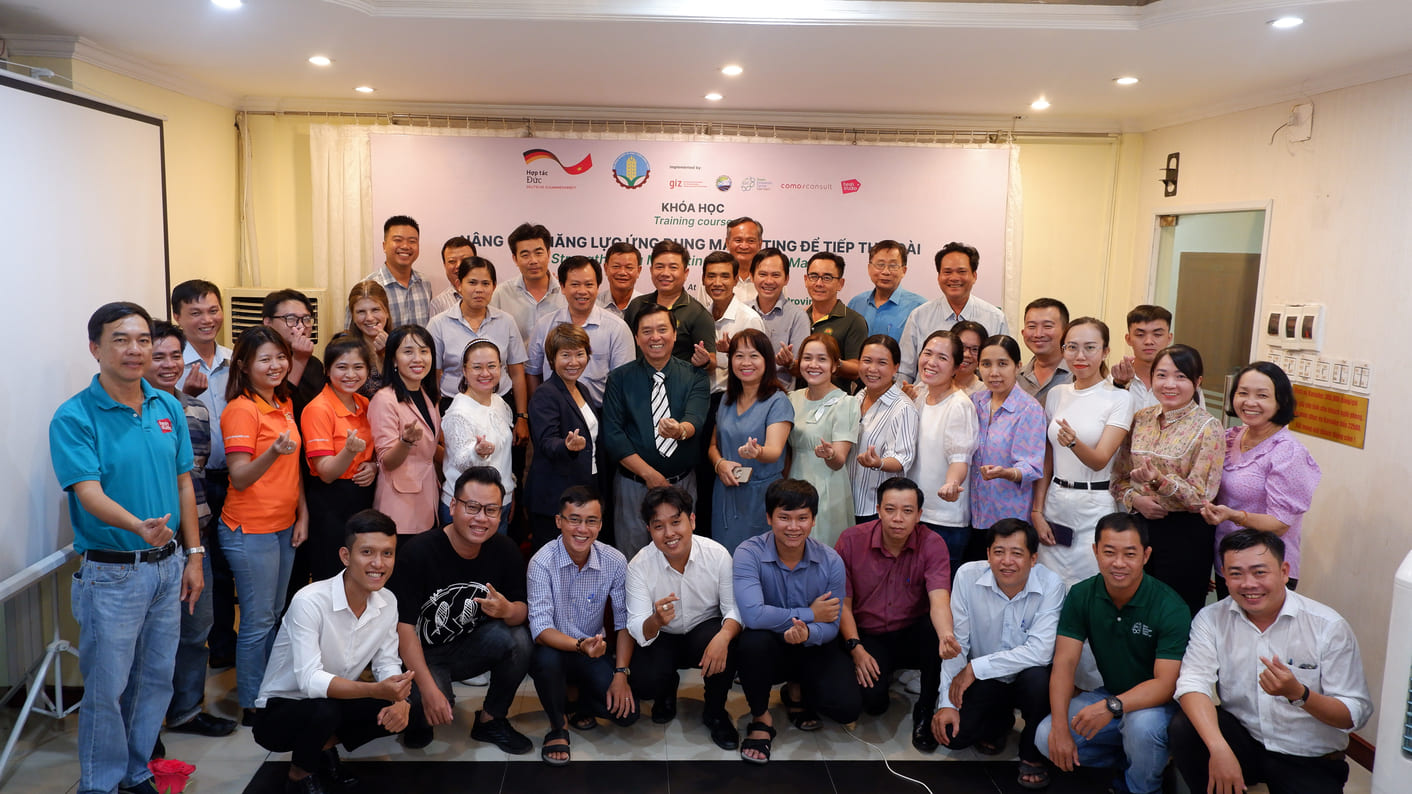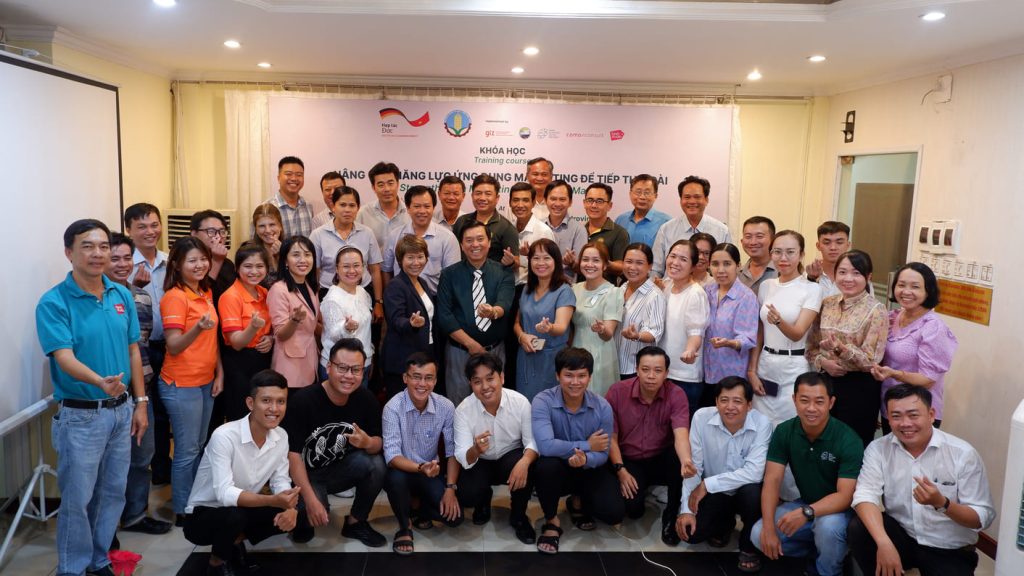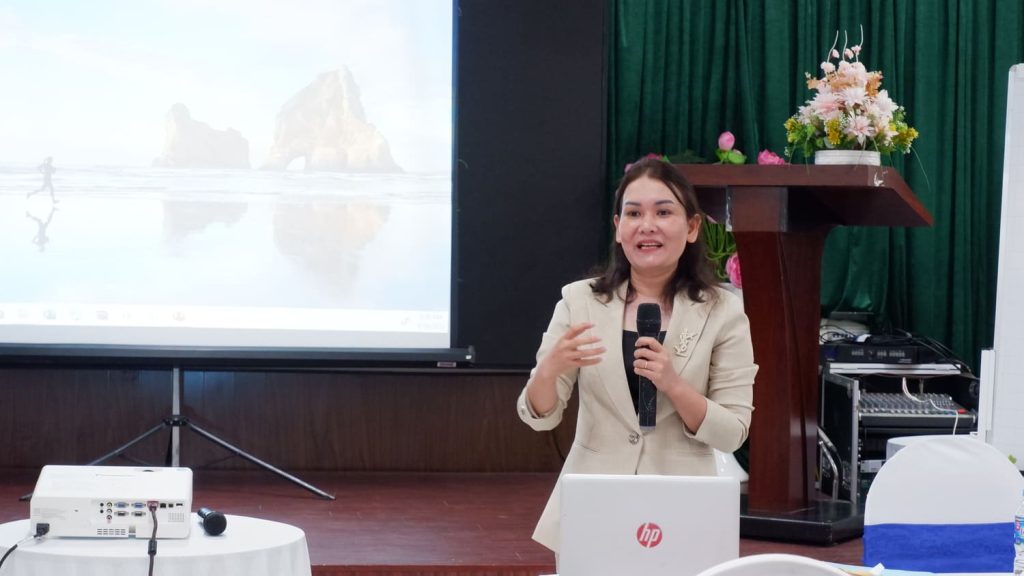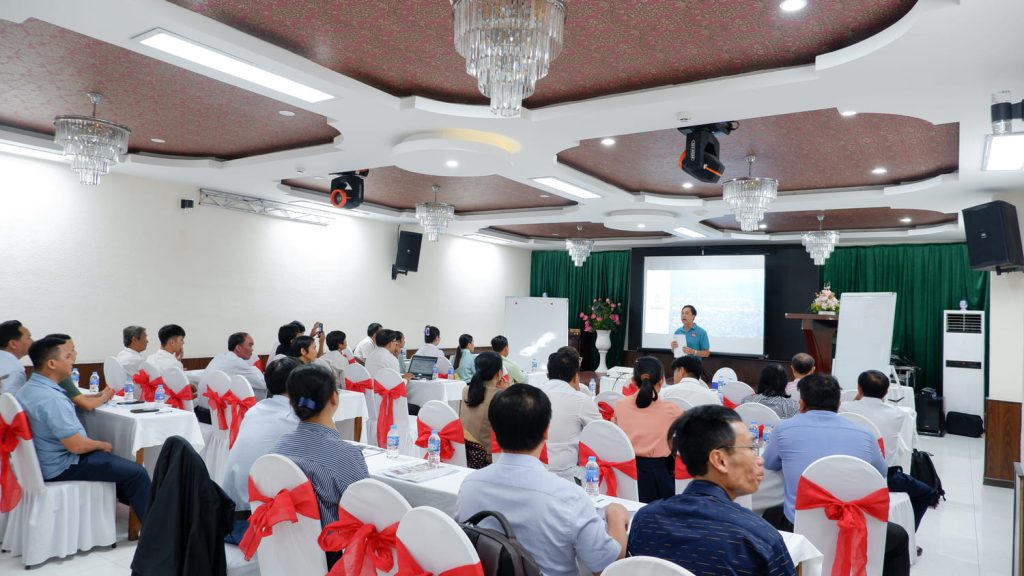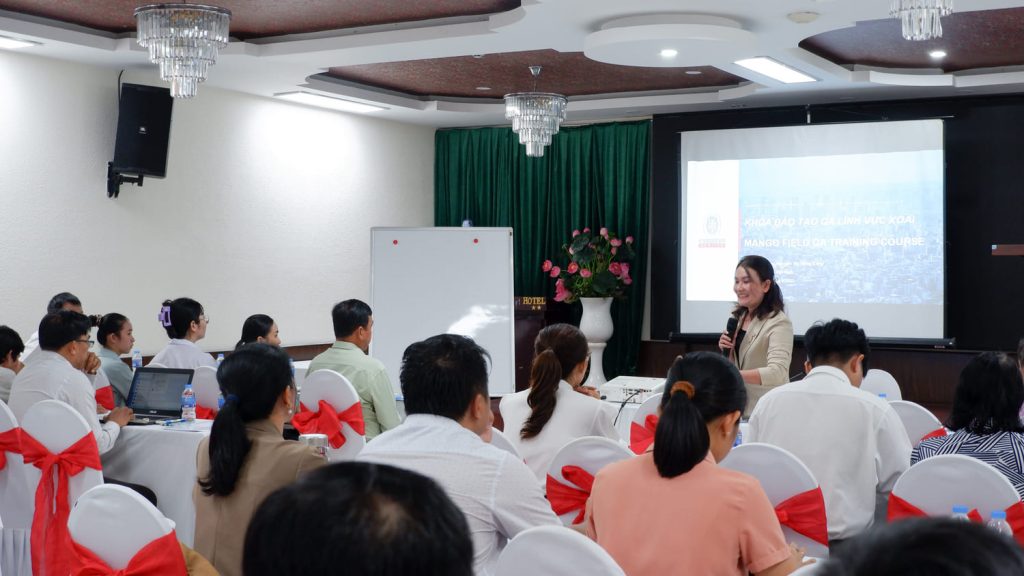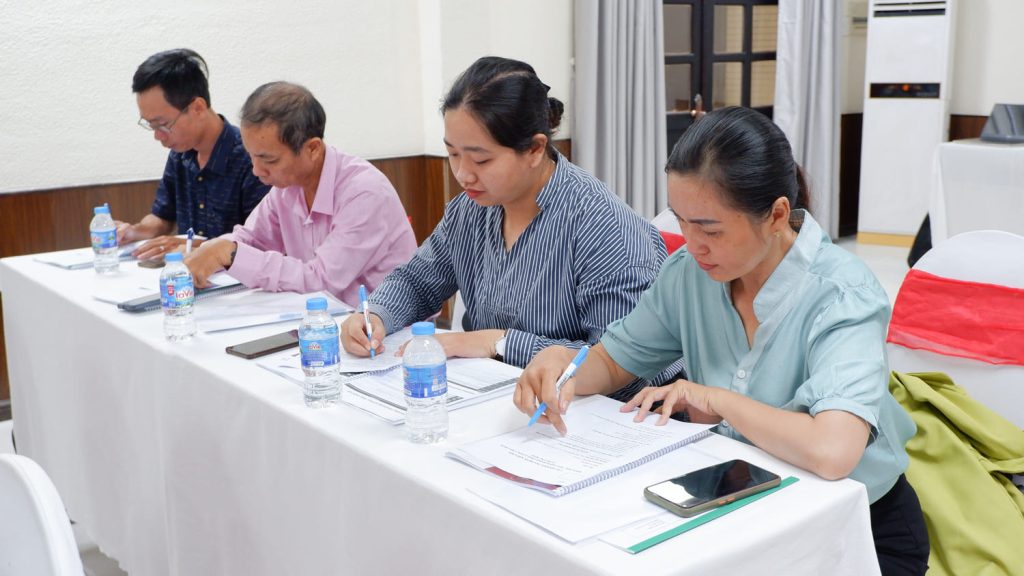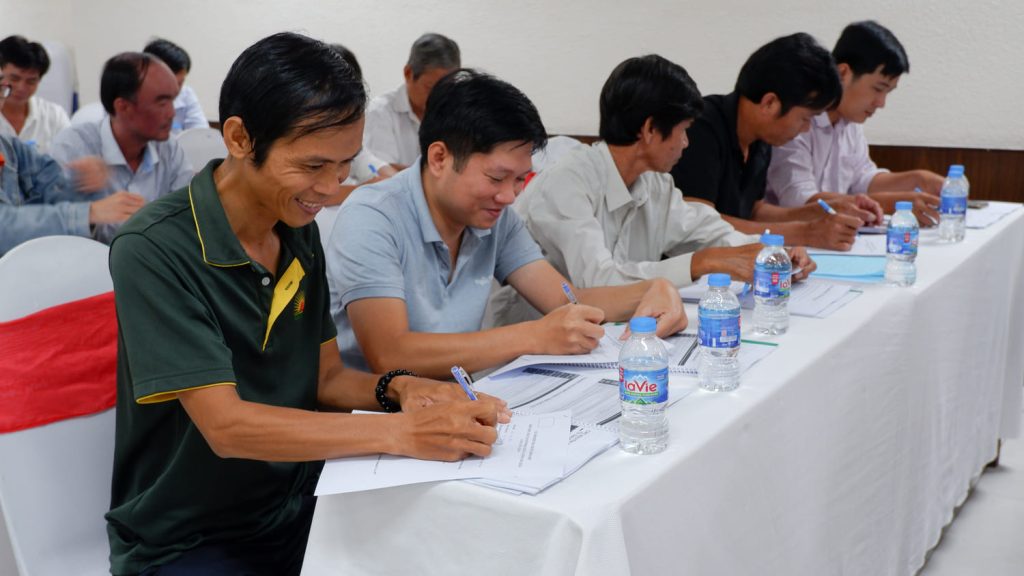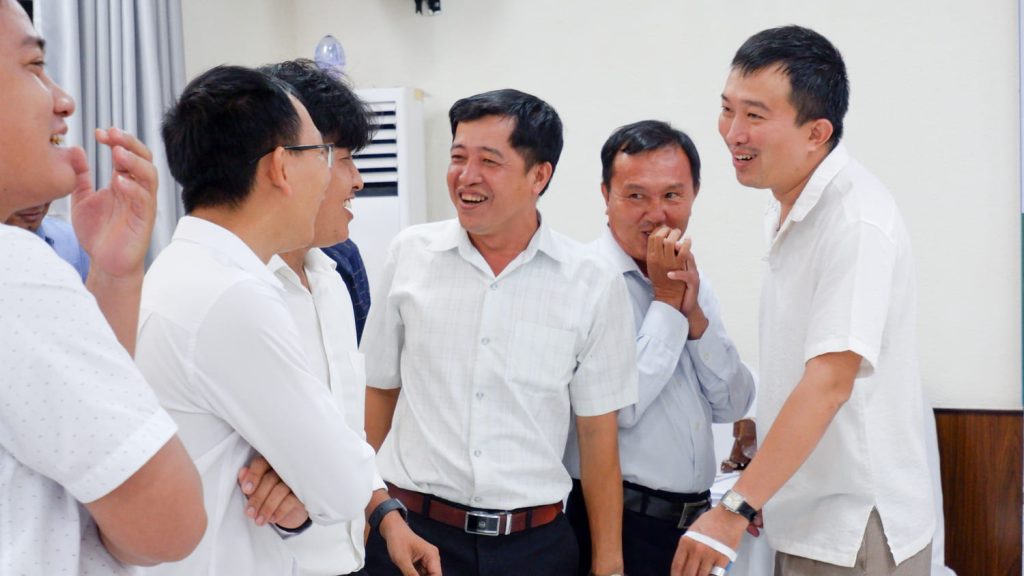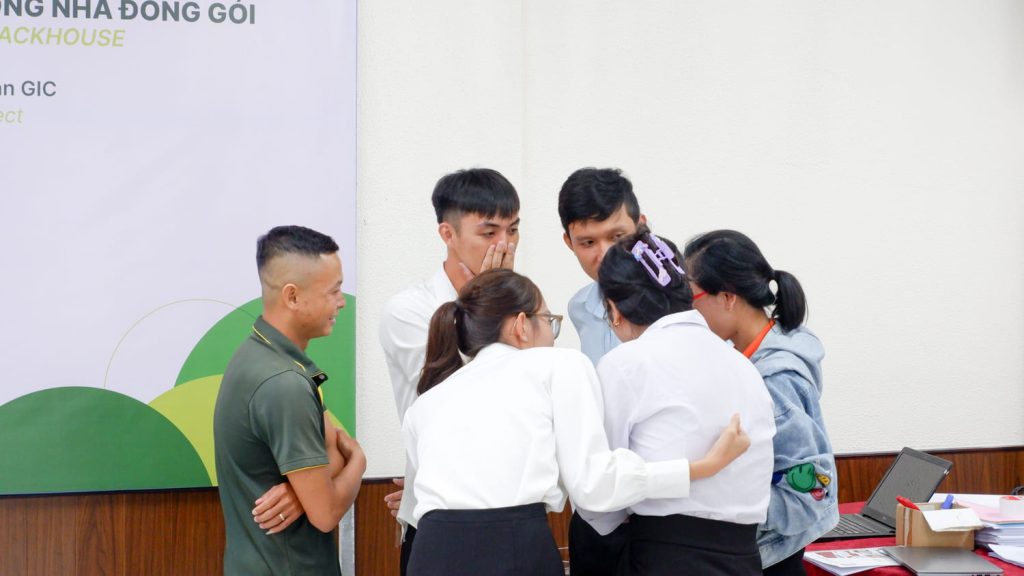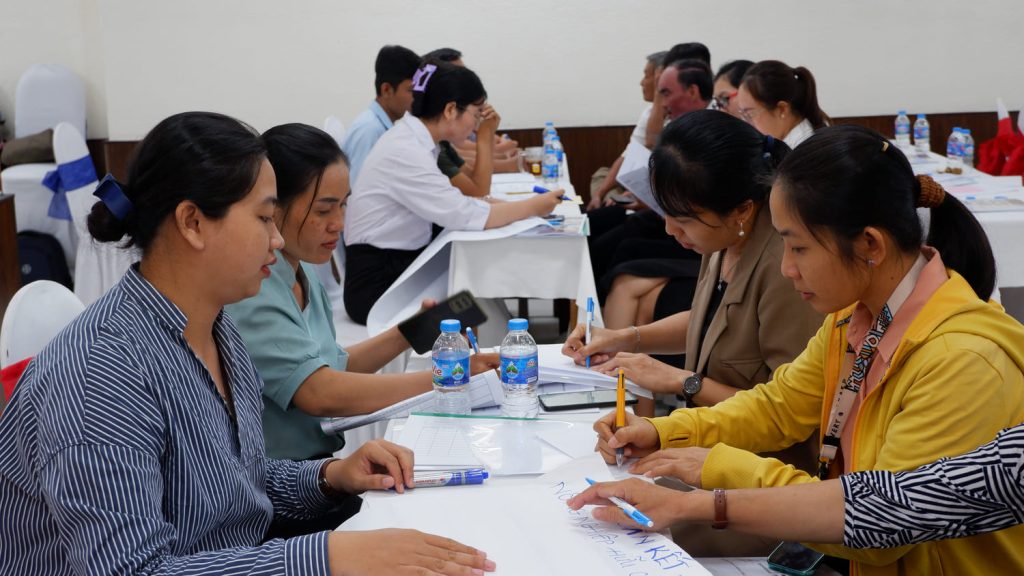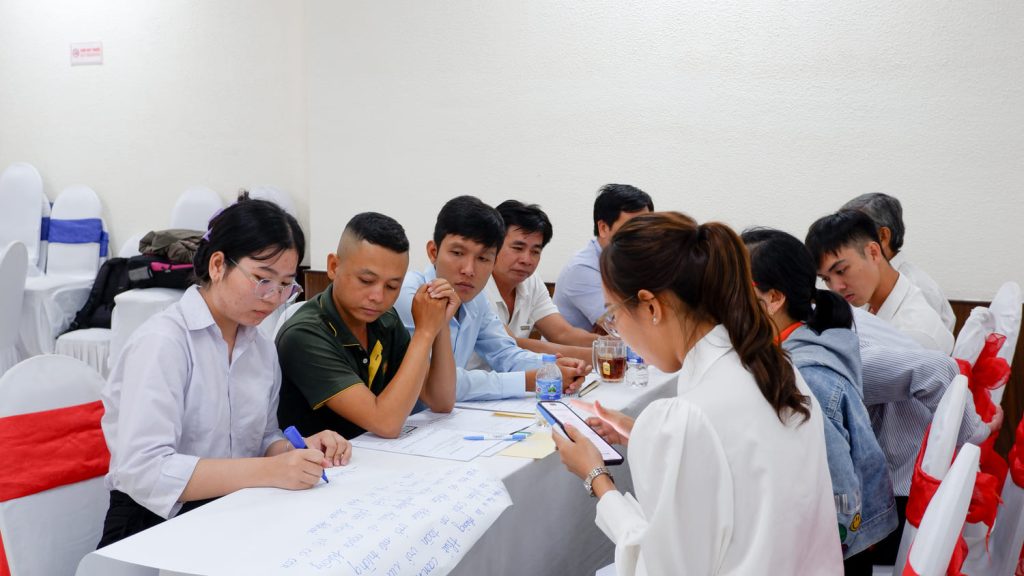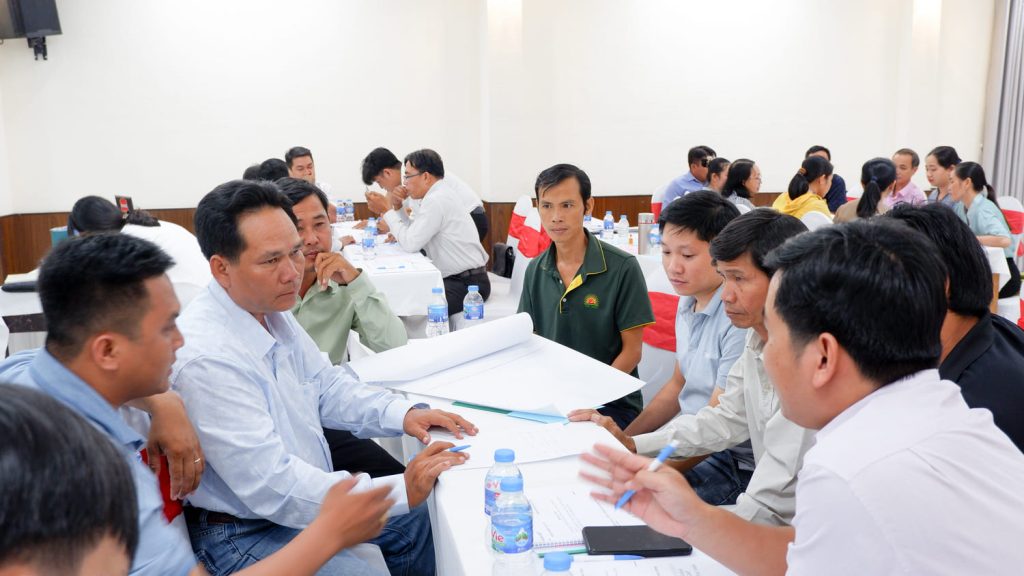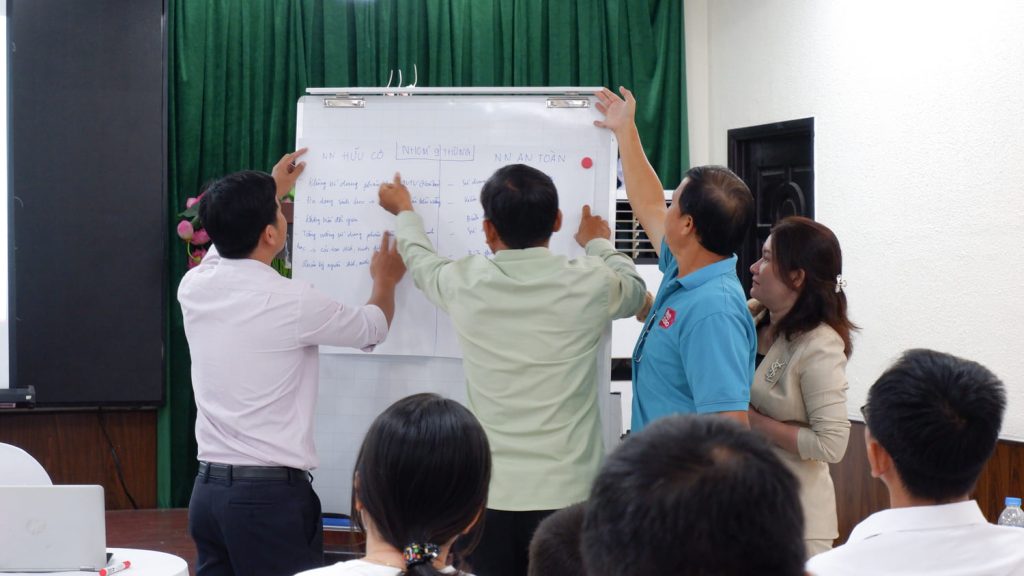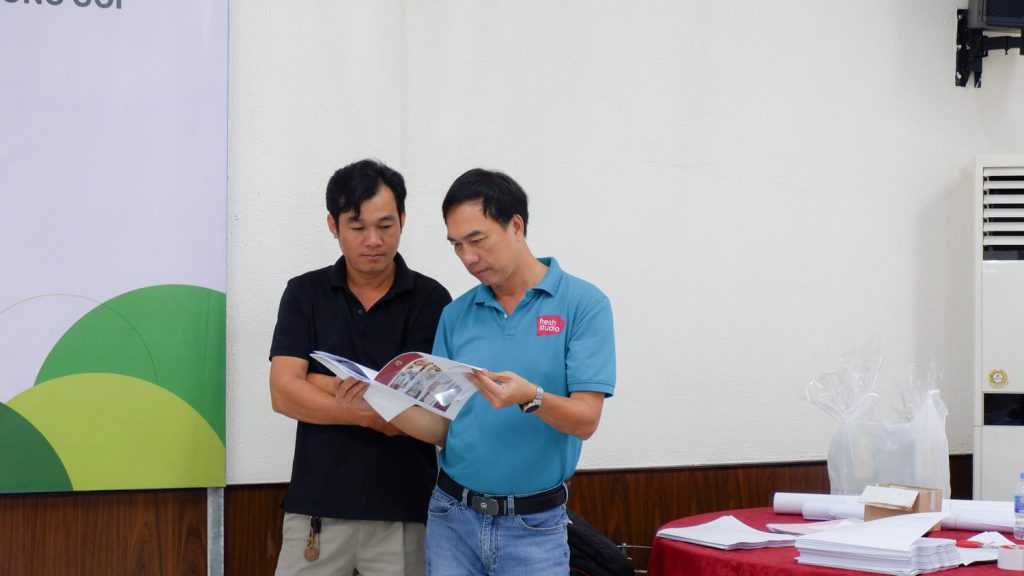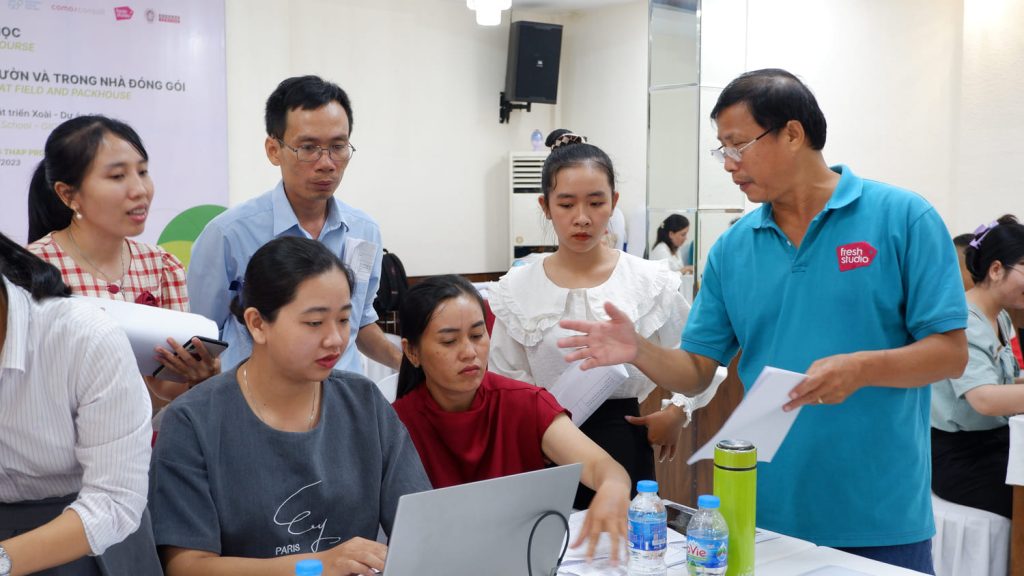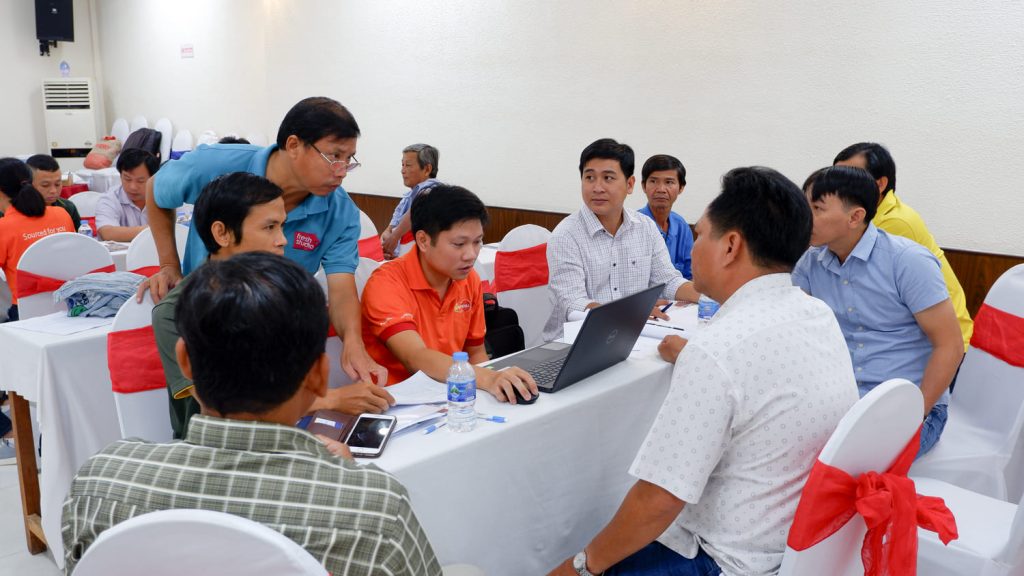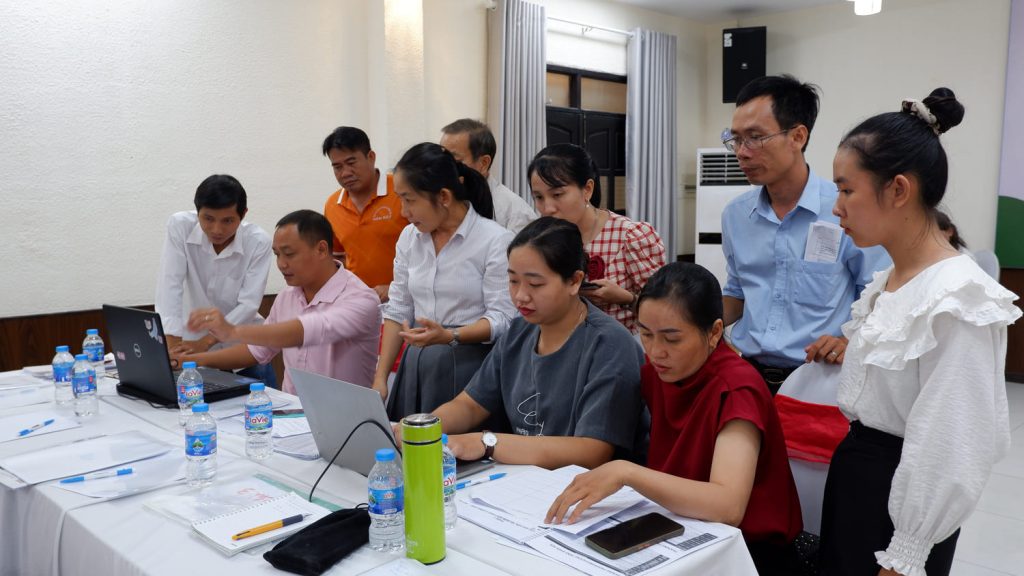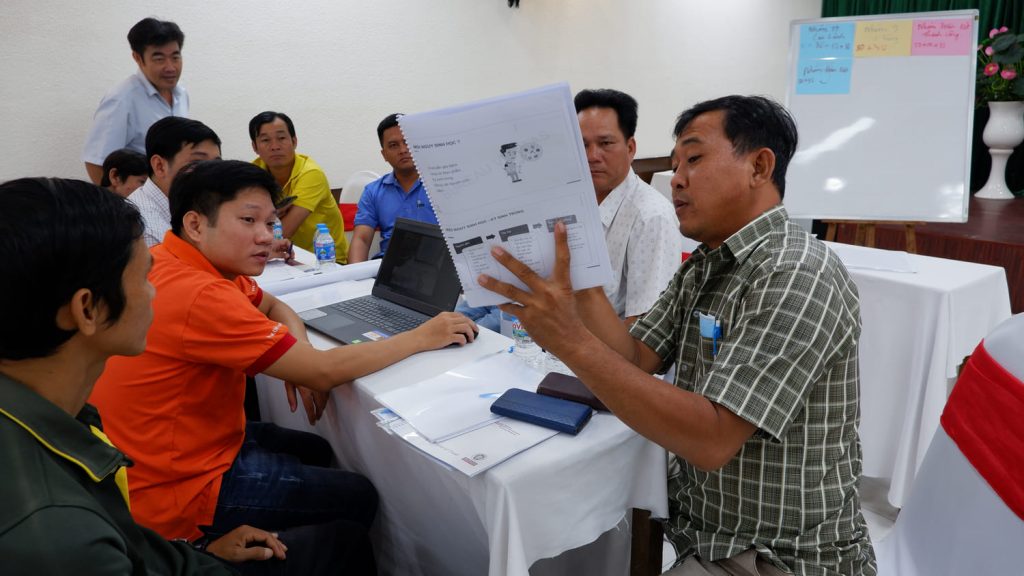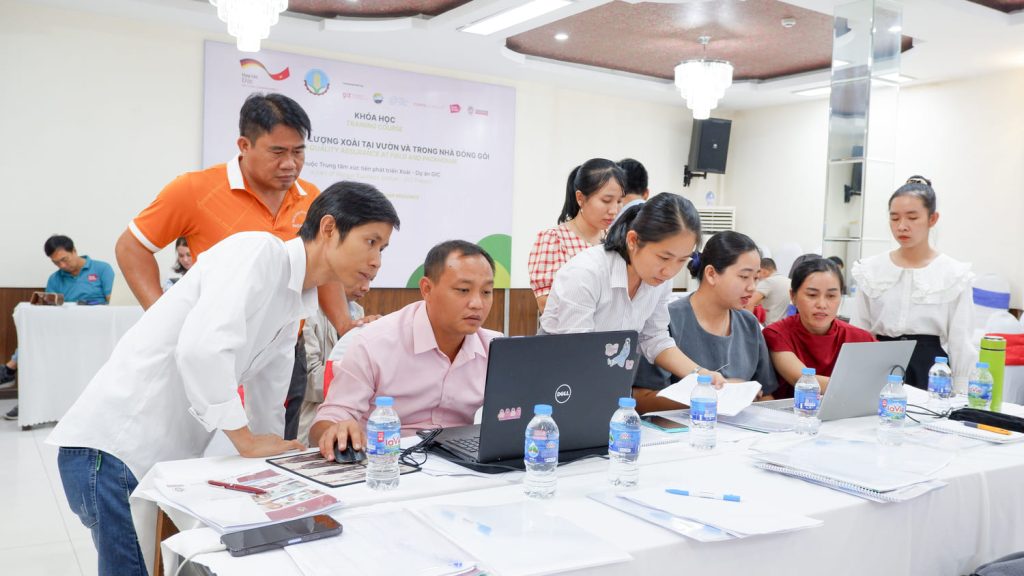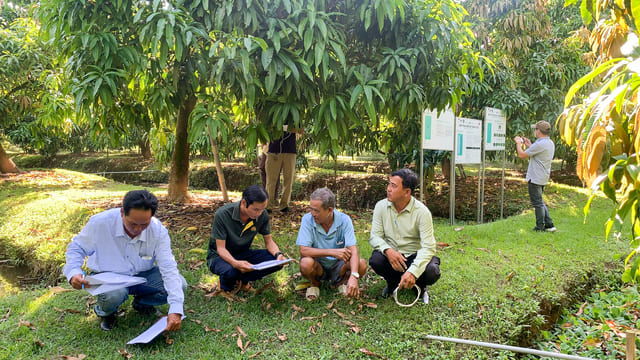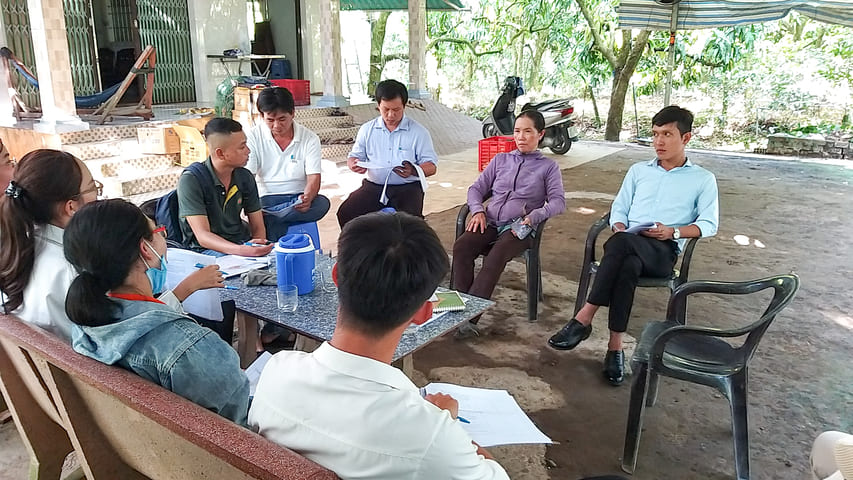The Mekong Delta River is renowned for its shallot production in Vietnam. However, traditional farming methods have posed significant challenges to the environment and farmers’ livelihoods. The impact cluster: “Transition towards sustainable shallot value chains in the Mekong Delta” is aiming to build the sustainable shallot value chain in this area.
Farmers are open to more sustainable farming practices
As mentioned in the news report of VTV4, initially met with skepticism, innovative and sustainable shallot farming practices are gradually accepted by farmers. By encouraging farmers to try the drip irrigation, integrated pest management (IPM) and the new shallot variety named Maserati F1, farmers are convinced with the immidiate results: reduced water consumption, lower input costs, and improved crop yields.
Mr. Sang’s success story is not an isolated incident. Many farmers, hesitant at first, are now witnessing the positive outcomes of the new shallot variety and modern farming techniques. The project’s emphasis on farmer-to-farmer knowledge sharing has proven to be a powerful tool in overcoming initial resistance and fostering a sense of community among the farmers.
A Collaborative Effort for a Sustainable Future
By transforming shallot farming practices, the project is contributing to a brighter future for farmers, the environment, and consumers. The collaboration between Fresh Studio, Can Tho University, Dutch agricultural experts, and local cooperatives exemplifies the power of collective action in driving positive change. By combining scientific knowledge, technological innovation, and community engagement, it demonstrates a holistic approach to addressing the complex challenges facing the agricultural sector.
The impact cluster: “Transition towards sustainable shallot value chains in the Mekong Delta” is funded by The Netherlands Enterprise Agency (RVO) and consists of the following project partners:
- Bejo Zaden
- Groot & Slot
- Royal Brinkman
- BvB Substrates
- Eurofins
- Can Tho University
- Fresh Studio

